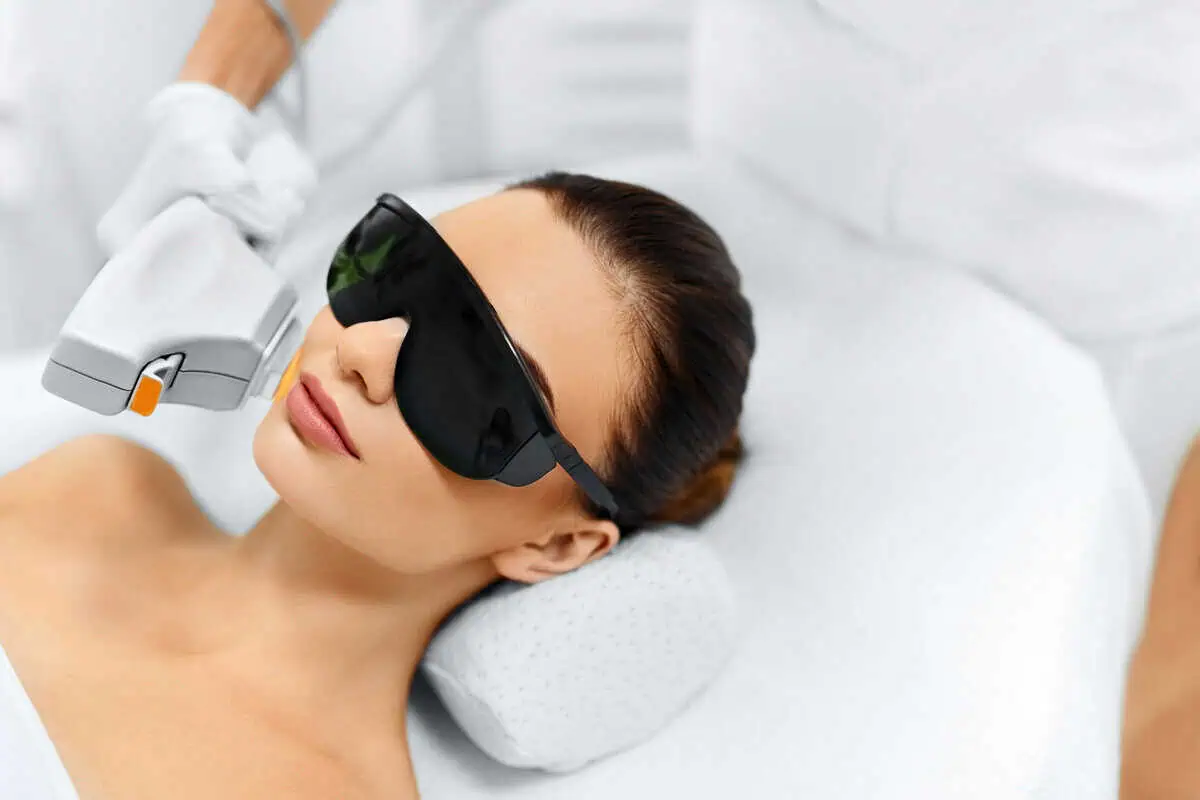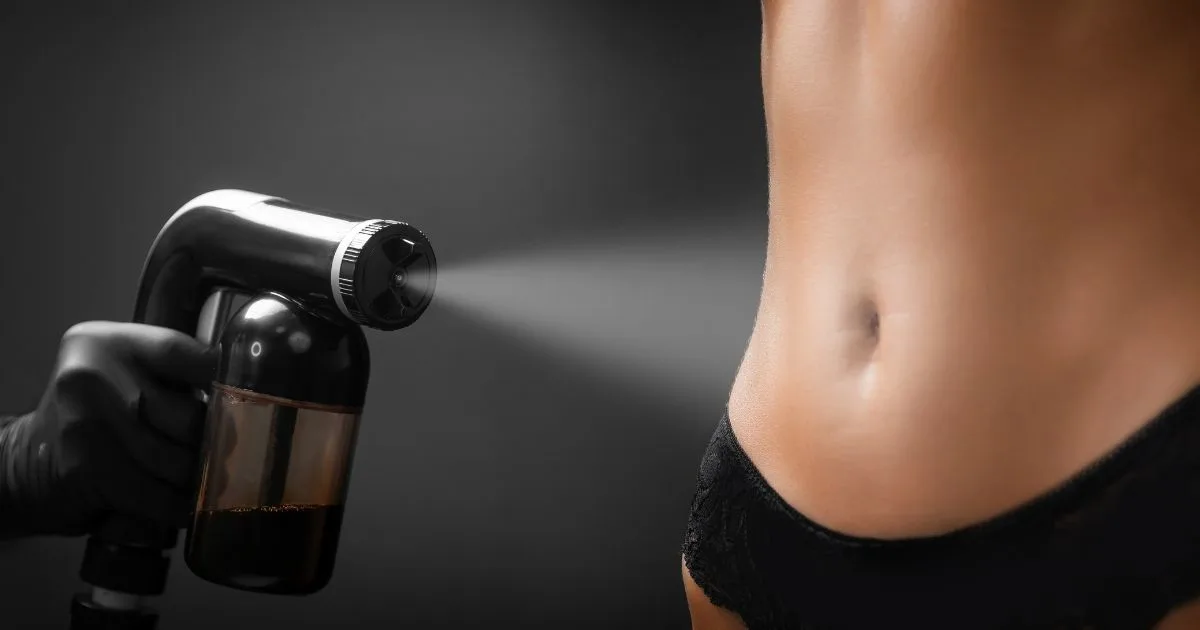Table of Contents
Acne scars can significantly impact both your appearance and self-confidence. For those looking to minimize these persistent marks, Chemical Peels offer a practical solution, unveiling smoother, clearer skin. The Spa MD provides a unique wellness experience for individuals seeking professional skincare treatments. By exfoliating damaged outer layers, facial chemical peels help reduce the visibility of scars and enhance overall skin texture.
Chemical Peels for Acne Scars
Face scars can affect one’s confidence and appearance. While many peel treatments promise to reduce or eliminate these scars, Chemical Peels have become famous for those seeking smoother, clearer skin. But do they work?
What Are Chemical Peels?
Chemical peels use an exfoliating chemical solution to remove the outer layers of the skin. By removing the damaged skin cells, these peels help reveal fresher, healthier skin underneath. Face peels can treat fine lines, wrinkles, uneven skin tone, and acne scars.
- Types of Chemical Peels: The three main types of Chemical Peels are light, medium, and deep. Each type varies in intensity and penetration depth and targets different skin concerns.
- How They Work: The chemical solution applied during the peel causes the skin to blister and eventually peel off. It can improve skin texture and appearance by stimulating new cell growth.
How Do Chemical Peels Help with Acne Scars?
Chemical peels exfoliate the skin, removing the top layer and allowing healthy skin to emerge, reducing acne scars.
- Exfoliation removes dead skin cells, smoothing the skin’s surface and reducing acne scar depth.
- Collagen Stimulation: Chemical Peels stimulate collagen production, plumping the skin and reducing scarring.
- Skin Rejuvenation: A chemical peel promotes the growth of new skin cells, reducing scarring.
Types of Chemical Peels for Acne Scars
When treating acne scars, not all facial chemical peels are created equal. Here are the different types of peels that are commonly used for this purpose:
- Light Chemical Peel: This type is the least invasive and is ideal for treating mild acne scars. Beta hydroxy acids (BHAs) or alpha hydroxy acids (AHAs) exfoliate the skin gently. While it may take multiple sessions to see significant results, light peels are a good option for sensitive skin users.
- Medium Chemical Peel: A medium peel penetrates deeper into the skin using trichloroacetic acid (TCA) or glycolic acid to target moderate acne scars. It’s more effective than a light peel and typically requires extended recovery.
- Deep Chemical Peel: The most intense option, a deep Chemical Peel, uses phenol or high concentrations of TCA to treat severe acne scars. This peel penetrates the deepest layers of the skin, providing dramatic results and requiring significant downtime. A deep peel is often considered the best Chemical Peel for those with extensive scarring.
The Process of a Chemical Peel Treatment
Undergoing a chemical peel to treat acne scars involves several steps, from preparation to aftercare. Understanding what to expect can help you make an informed decision.
- Consultation: Before the treatment, you’ll meet with a professional medical aesthetician to assess your skin type, the nature of your scars, and your overall skincare goals. This step is crucial for determining the best Chemical Peel for your needs.
- Preparation: Your skincare professional may recommend a pre-treatment regimen before the peel. It might include using certain skincare products to enhance the peel’s effectiveness.
- Application: During the procedure, the chemical solution is applied to your face, targeting areas with acne scars. Depending on the type of peel, you may feel a tingling or burning sensation.
- Peeling: After the treatment, your skin will peel over the next few days as the outer layers are shed. Recovering time and peeling extent will vary based on the depth.
- Aftercare: Proper aftercare is essential for the best results, including avoiding sun exposure and using gentle skincare products.
Benefits of Chemical Peels for Acne Scars
- Chemical Peels for the face offer several benefits for those struggling with acne scars. Here’s why they are considered an effective treatment option:
- Improved Skin Texture: Chemical peels can improve the skin’s texture by exfoliating and stimulating new cell growth.
- Reduced Scar Visibility: As treatment continues, scar appearance decreases significantly.
- Even Skin Tone: Chemical Peels help fade hyperpigmentation, making your skin more even.
- Customizable Treatments: Chemical Peel options are suitable for any level of skin concern, from light to profound.
Are Chemical Peels Right for Everyone?
Despite their effectiveness, Chemical Peels may only be suitable for some. Here are some factors to consider:
- Skin Type: Individuals with darker skin tones must be cautious, as certain types of Chemical Peels can cause hyperpigmentation. Your skincare professional can recommend the best Chemical Peel for your skin type.
- Skin Sensitivity: A light chemical peel may better handle skin sensitivity.
- Severity of Scarring: Deep acne scars may require more intensive treatment, such as a deep Chemical Peel, to achieve noticeable results.
- Side Effects: Like any cosmetic treatment, it has potential risks and side effects. After a peel, some patients may experience redness and swelling as their skin heals.
Comparing Chemical Peels to Other Acne Scar Treatments
While Chemical Peels are effective, they are not the only option for treating acne scars. Here’s how they compare to other standard treatments:
- Microneedling: Microneedling stimulates collagen production by injuring the skin with tiny needles. It’s a good alternative for those who prefer a less invasive treatment than a deep Chemical Peel.
- Laser Therapy: Laser treatments can target more profound layers of the skin, offering dramatic results for severe acne scars. However, they can be more expensive and require longer recovery times.
- Topical Treatments: Over-the-counter creams and gels can help with mild acne scars. However, they are generally less effective than professional treatments like Chemical Peels.
Choosing the Suitable Chemical Peel for Your Skin
Selecting the best Chemical Peel for acne scars is crucial for achieving the best results. Here are some tips to help you make the right choice:
- Consider Your Skin Type: Different skin types respond differently to Chemical Peels, so it’s essential to choose a peel that suits your specific skin concerns.
- Start with a Light Peel: To gauge how your skin reacts to chemical peels, start with a light peel before moving on to more intensive ones.
Consult a Professional
Are you considering a chemical peel for acne scars? When you follow the right treatment plan, chemical peels can boost your confidence. Consulting with a professional medical aesthetician will guide you toward the best skin treatment option.
Takeaway
Chemical Peels offer a proven solution for reducing acne scars and achieving smoother, clearer skin. Let The Spa MD transform your skin and boost your confidence. Don’t wait to take the first step toward a more radiant complexion. Contact us today or book your appointment to discover how Chemical Peels can make a difference in your skincare journey. Your path to beautiful skin starts here!








